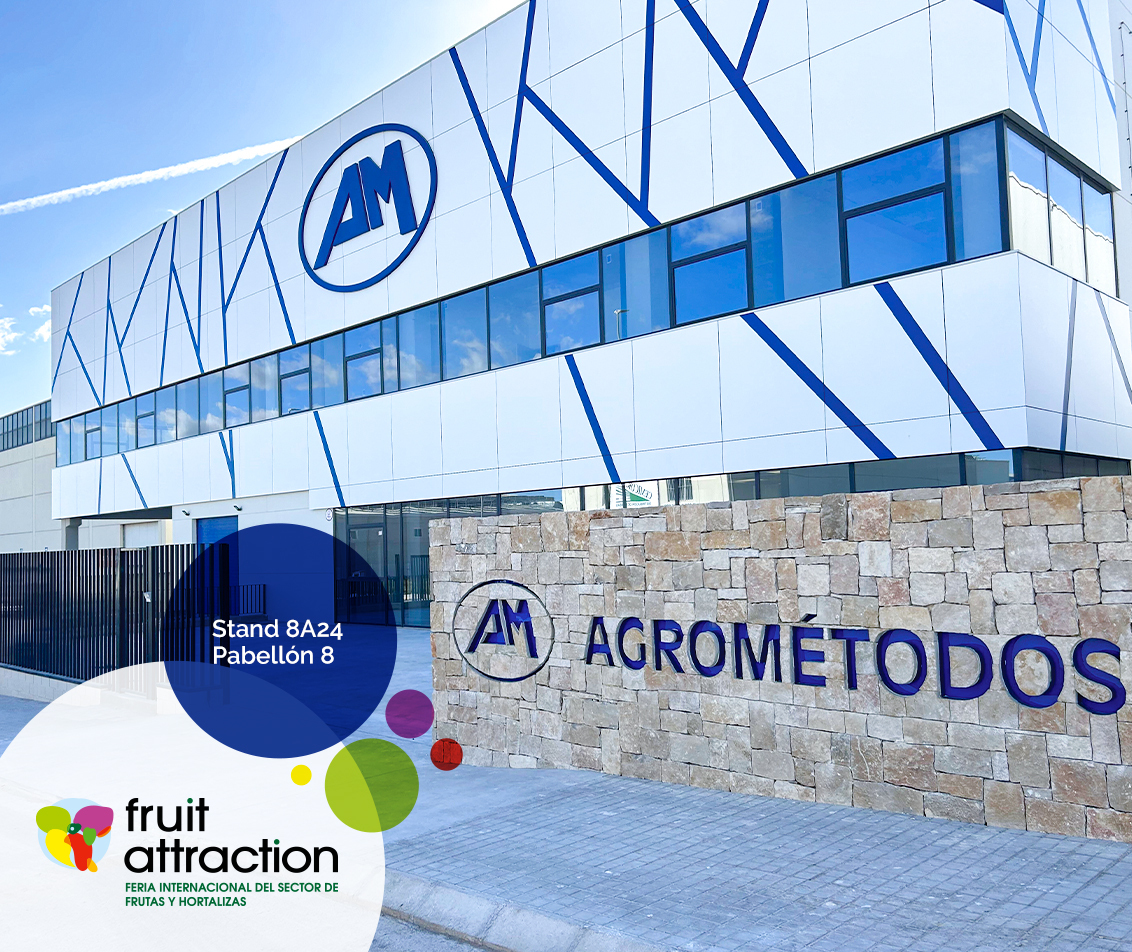In addition to their high content of healthy fatty acids (mono and polyunsaturated), the fruits of olive trees and their derivative virgin oils, have an added value for health due to their antioxidant compound content, which prevent the effects of ageing and cardiovascular diseases. 
Within the antioxidant compounds of olives, polyphenols are the most abundant, accounting for between 1 and 3% of the fresh weight of the olive fruit, depending on the variety. Among the different polyphenols that can be found in olives from the many varieties of olive tree, oleuropein is the most characteristic, because it is present in all varieties and in high quantities, compared to other phenolic compounds.
Currently, apart from the beneficial health effects, regulating the polyphenol content in fruits is of particular interest for the cultivation of olive groves for two reasons:
- The total polyphenol content in olives determines the degree of resistance to the rancidification of virgin oil derivatives, as phenols are potent antioxidants that slow down the process of auto-oxidation by contact with the air.
- 2. The proportion of the different phenolic compounds in the olives significantly influences the flavour and sensory characteristics of the virgin oil produced. For example, it is well known that oleuropein is responsible for the bitter taste of oil, while its combination with other polyphenols modulates that flavour and brings other nuances and aromas to the oil obtained.
Agrométodos has demonstrated, through a test conducted under the supervision of the Department of Biology and Vegetal Physiology at the University of Murcia, that with a single foliar application of BROTOMAX® at 0.3% on olive trees of the varieties Picual and Villalonga, carried out after the setting of the fruits (about 50 days after the start of flowering), after 170 days the following is achieved:
- Increase the content of total polyphenols in the fruit.
- Increase, in both varieties of olive tree, the oleuropein content (phenol antioxidant characteristic of olive oil), while differentially modifying the other polyphenols depending on the variety of olive tree.

Figure 1. Effect of BROTOMAX® on the total content and type of phenolic compounds (mg/100 g P.F.) in fruits. - Increase the antioxidant activity of the resulting virgin oil

Figure 2. Effect of BROTOMAX® on the antioxidant potential of the fruits (measured on the TEAC1 index). (1): Ability to reduce radicals present in aqueous media, avoiding oxidation-reduction processes that may affect cellular integrity.
These effects are explained because BROTOMAX® is a product that can enhance one of the fundamental metabolic cycles of plants, that of shikimic acid, from which the routes of synthesis of the polyphenols that are stored in the fruit are activated. BROTOMAX® does not directly introduce polyphenols to the plant, but influences their biochemical modulation, and leaves it up to nature to regulate and balance the activity.




